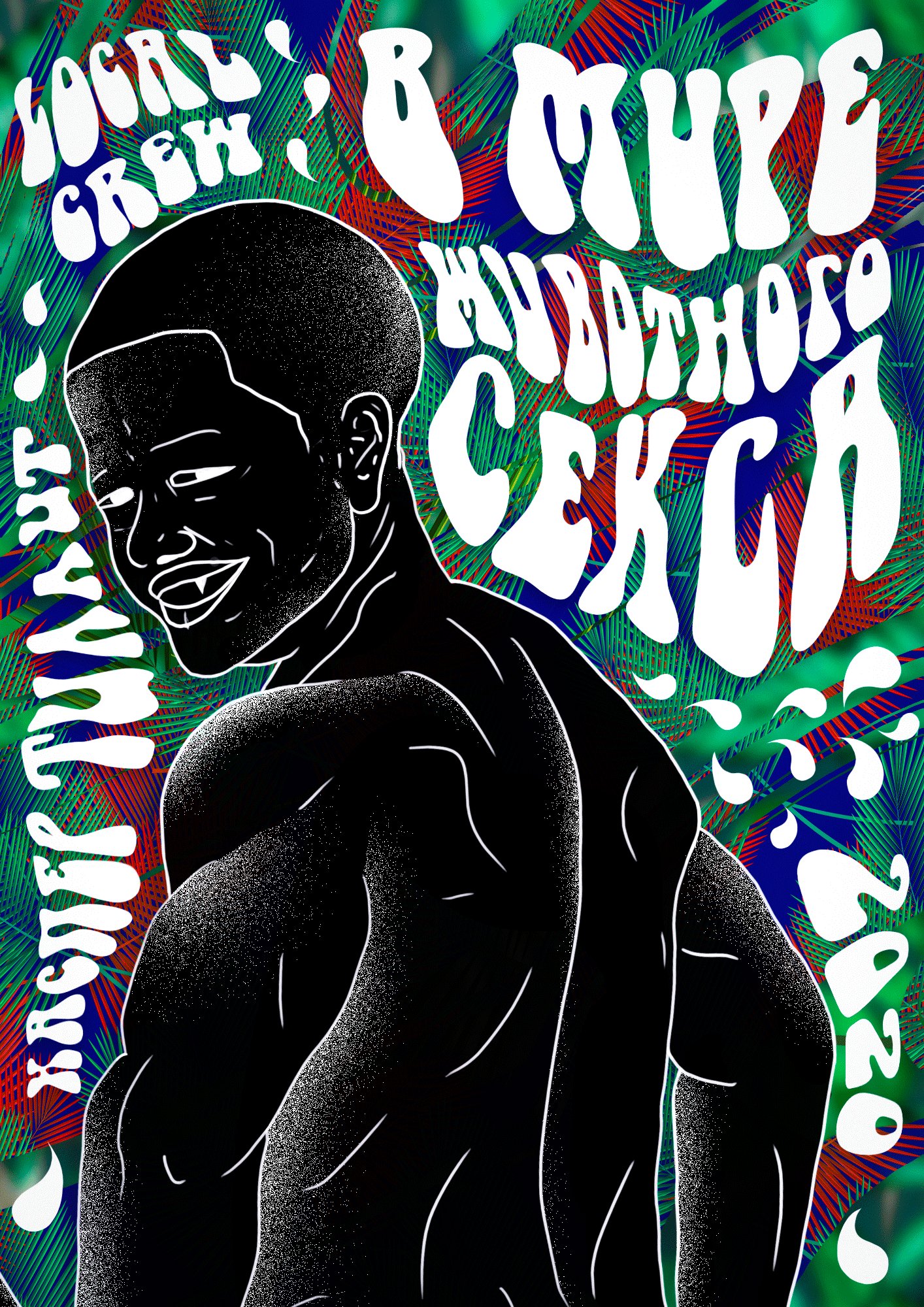ranierean
...Boarding L'Express de Schery 🚬🚂✊
- Joined
- Jul 1, 2023
- Posts
- 3,529
- Reputation
- 6,786
The Pirahã are an indigenous tribe that lives on the banks of the Maici River in Brazil, numbering 800 individuals.

Their language doesn't have expressions like "John's brother's house." You can say "John's house," you can say "John's brother," but if you want to say "John's brother's house," you have to say "John has a brother. This brother has a house." They have to say it in separate sentences. Recursion is completely absent from their language.
The Pirahã don't count–they don't have words for numbers. They only have “one” to “many”.

They have no concept of God. They have individual spirits, but they believe that they have seen these spirits, and they believe they see them regularly–they just take on the shape of things in the environment. They'll call a jaguar a spirit, or a tree a spirit, depending on the kinds of properties that it has–everything they say they have to evaluate empirically.
They don’t sleep and only take 30 minute naps since anything longer can completely shatter their mental state.

The Brazilians the Pirahãs most often see have boats, and they just come up the Pirahãs' river to buy Brazil nuts. In exchange, they bring machetes, gunpowder, powdered milk, sugar, whiskey and so forth. The Pirahãs are usually interested in acquiring these things. They don't accumulate Western goods, but if you've got consumables, the Pirahã might buy, say, two pounds of sugar, pour it in a bowl and eat it all at once. They're not going to put it on the shelf and save it; they'll just eat it when they get it.
River traders come up frequently, and it's not uncommon for Pirahã to trade sex–so you see these foreign babies being raised among the Pirahã. It's mainly the husband who works out the deal. Single women can negotiate on their own; wives wouldn't make that offer unless their husband negotiated it. In their dealings with outsiders, men take the lead, and the women won't usually come around unless they're called by Pirahã men.
But promiscuity is not a problem for the Pirahã. It doesn't violate any values that they have. Incestual, homosexual and pedophilic sex similarly are not taboo.
There is almost 100 percent endemic malaria among the people. They’re sick a lot. Their children die at probably about 65 percent. 75 percent of the children die before they reach the age of five or six–but you also don’t find Pirahã sitting around depressed and crying. You don’t find chronic fatigue syndrome. You don’t find suicide. The concept of suicide is foreign to them.

 localcrew.ru
localcrew.ru
Their language doesn't have expressions like "John's brother's house." You can say "John's house," you can say "John's brother," but if you want to say "John's brother's house," you have to say "John has a brother. This brother has a house." They have to say it in separate sentences. Recursion is completely absent from their language.
The Pirahã don't count–they don't have words for numbers. They only have “one” to “many”.
They have no concept of God. They have individual spirits, but they believe that they have seen these spirits, and they believe they see them regularly–they just take on the shape of things in the environment. They'll call a jaguar a spirit, or a tree a spirit, depending on the kinds of properties that it has–everything they say they have to evaluate empirically.
They don’t sleep and only take 30 minute naps since anything longer can completely shatter their mental state.
The Brazilians the Pirahãs most often see have boats, and they just come up the Pirahãs' river to buy Brazil nuts. In exchange, they bring machetes, gunpowder, powdered milk, sugar, whiskey and so forth. The Pirahãs are usually interested in acquiring these things. They don't accumulate Western goods, but if you've got consumables, the Pirahã might buy, say, two pounds of sugar, pour it in a bowl and eat it all at once. They're not going to put it on the shelf and save it; they'll just eat it when they get it.
River traders come up frequently, and it's not uncommon for Pirahã to trade sex–so you see these foreign babies being raised among the Pirahã. It's mainly the husband who works out the deal. Single women can negotiate on their own; wives wouldn't make that offer unless their husband negotiated it. In their dealings with outsiders, men take the lead, and the women won't usually come around unless they're called by Pirahã men.
But promiscuity is not a problem for the Pirahã. It doesn't violate any values that they have. Incestual, homosexual and pedophilic sex similarly are not taboo.
There is almost 100 percent endemic malaria among the people. They’re sick a lot. Their children die at probably about 65 percent. 75 percent of the children die before they reach the age of five or six–but you also don’t find Pirahã sitting around depressed and crying. You don’t find chronic fatigue syndrome. You don’t find suicide. The concept of suicide is foreign to them.

В мире животного секса
Секс был, есть и будет одним из важнейших дискурсов человечества. У каждого есть мнение на этот счет: от религиозных пуритан, считающих любую сексуальную раскрепощенность порочной…
 localcrew.ru
localcrew.ru


